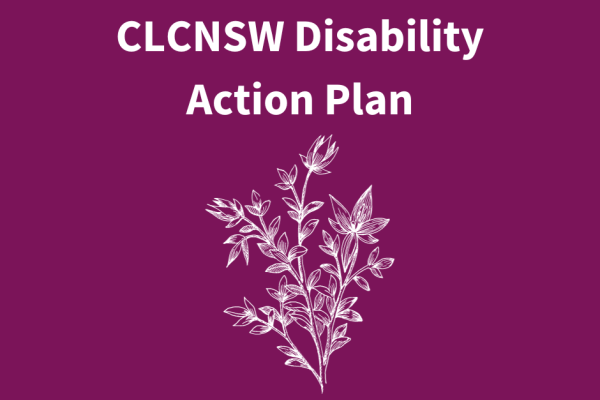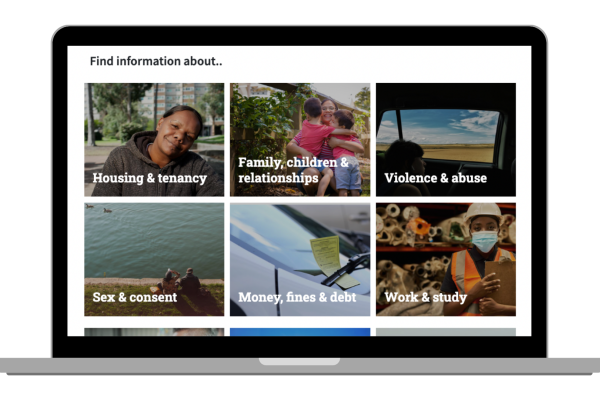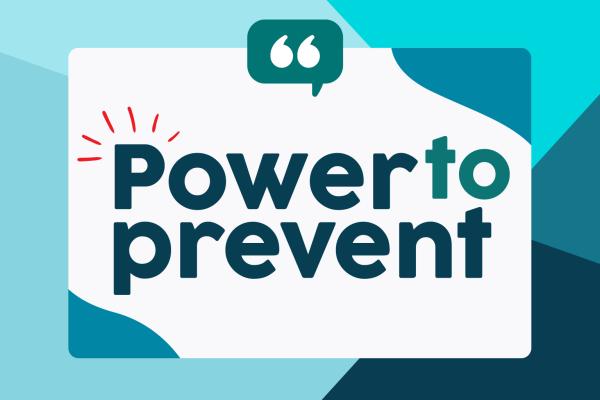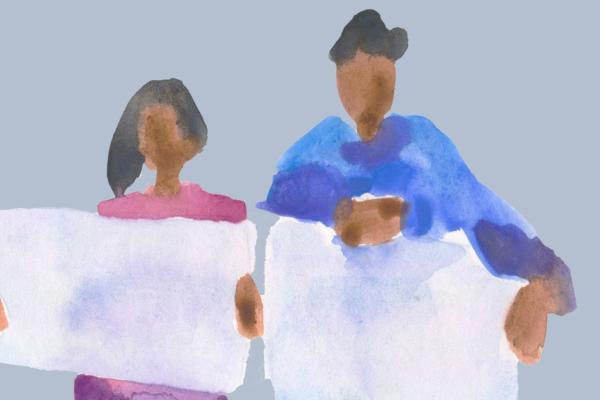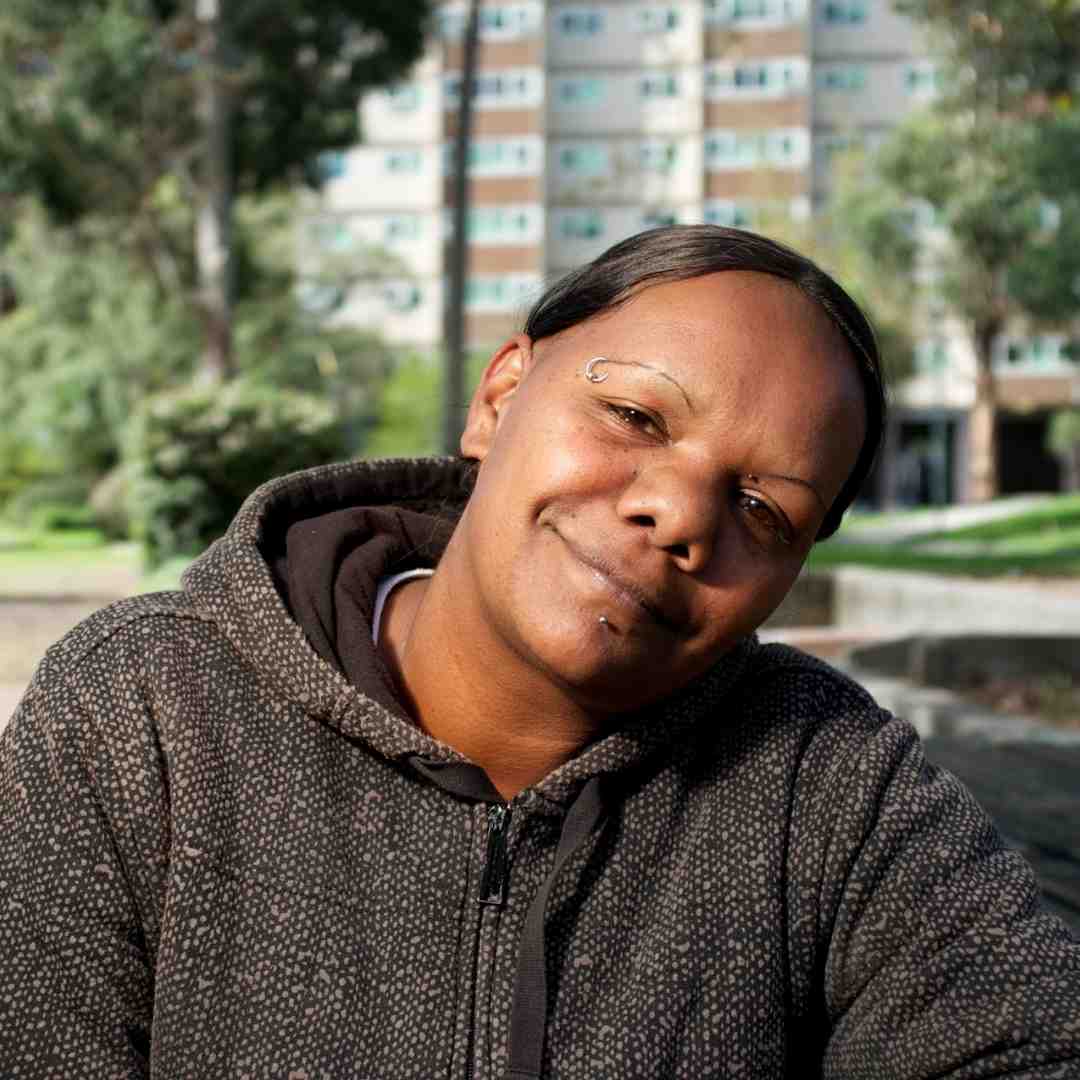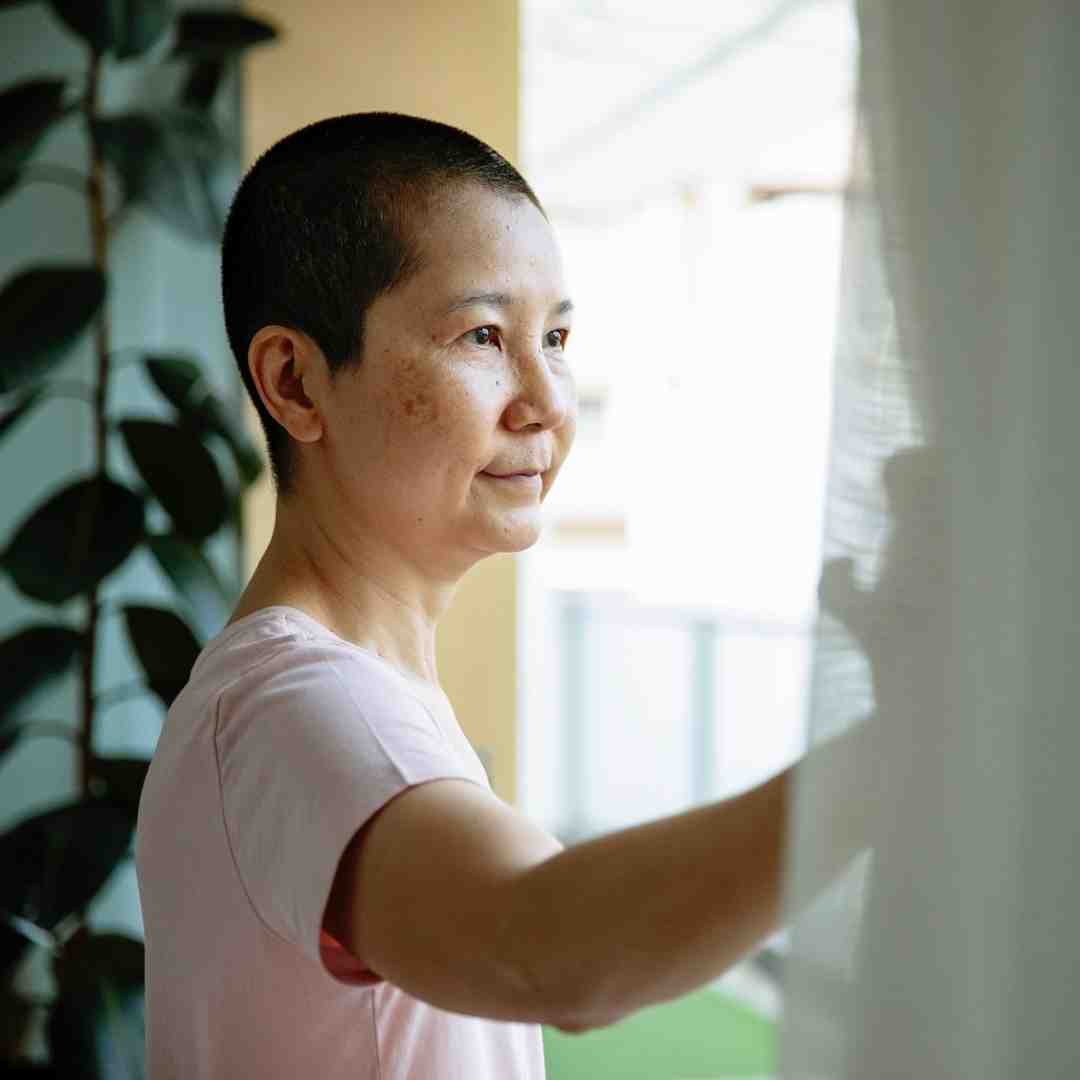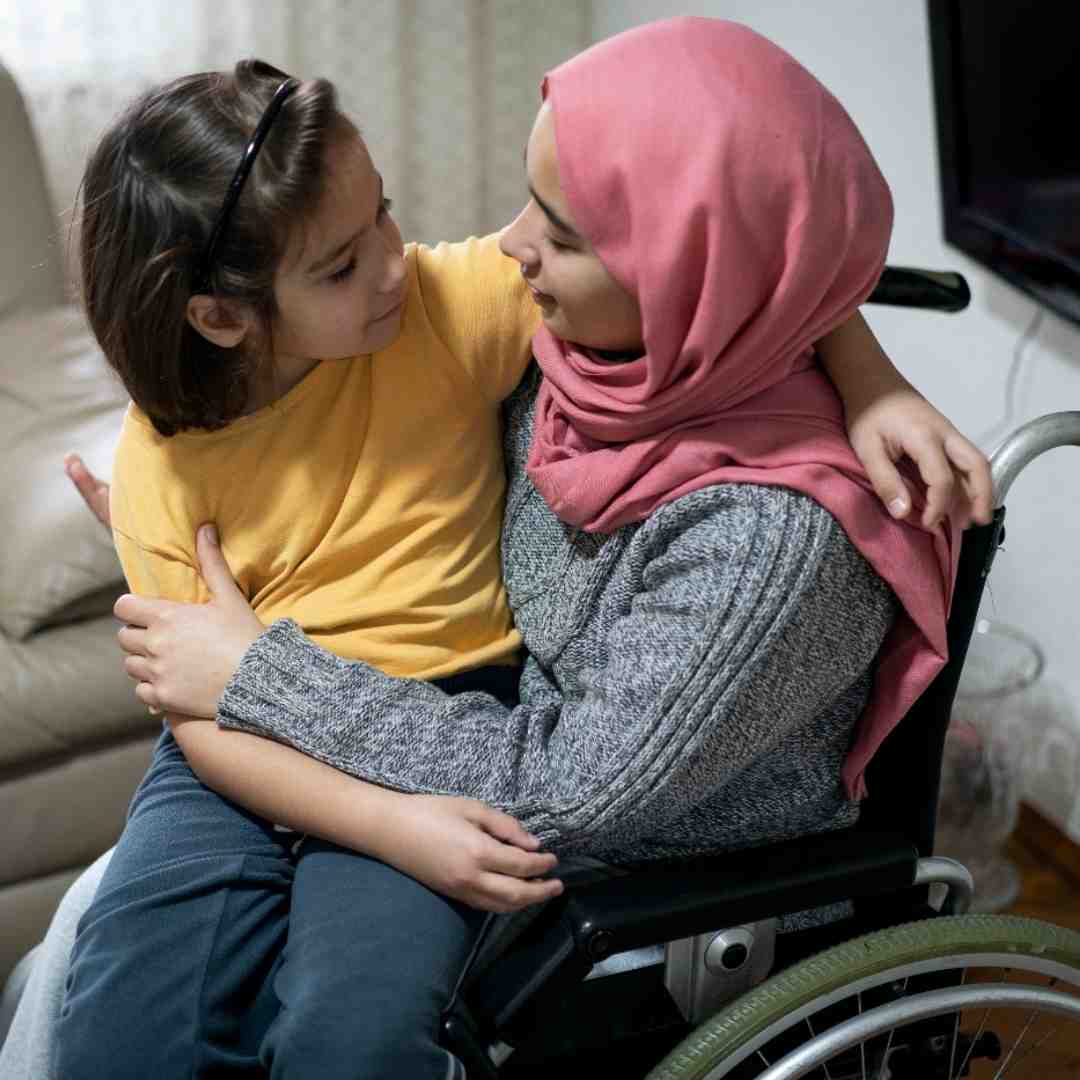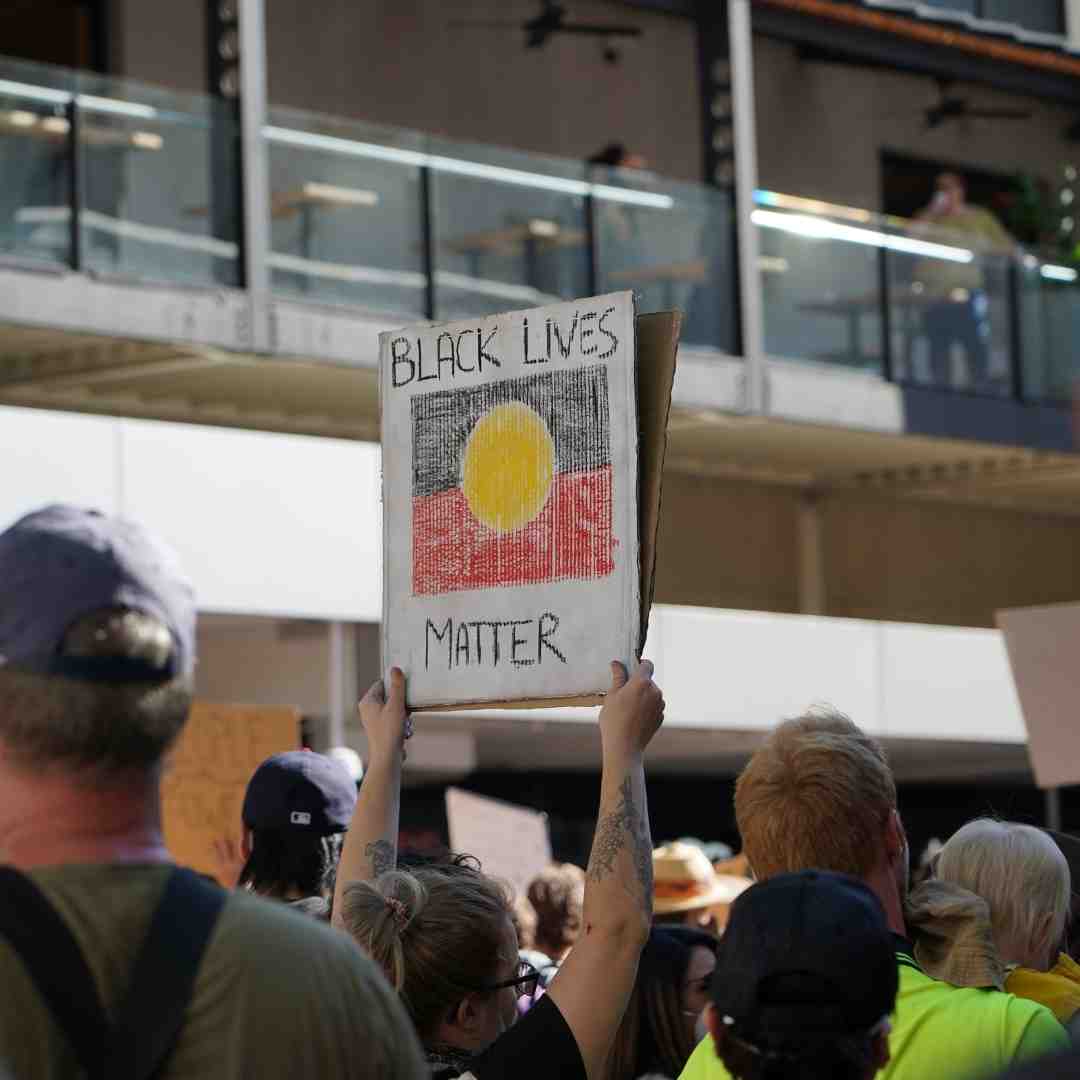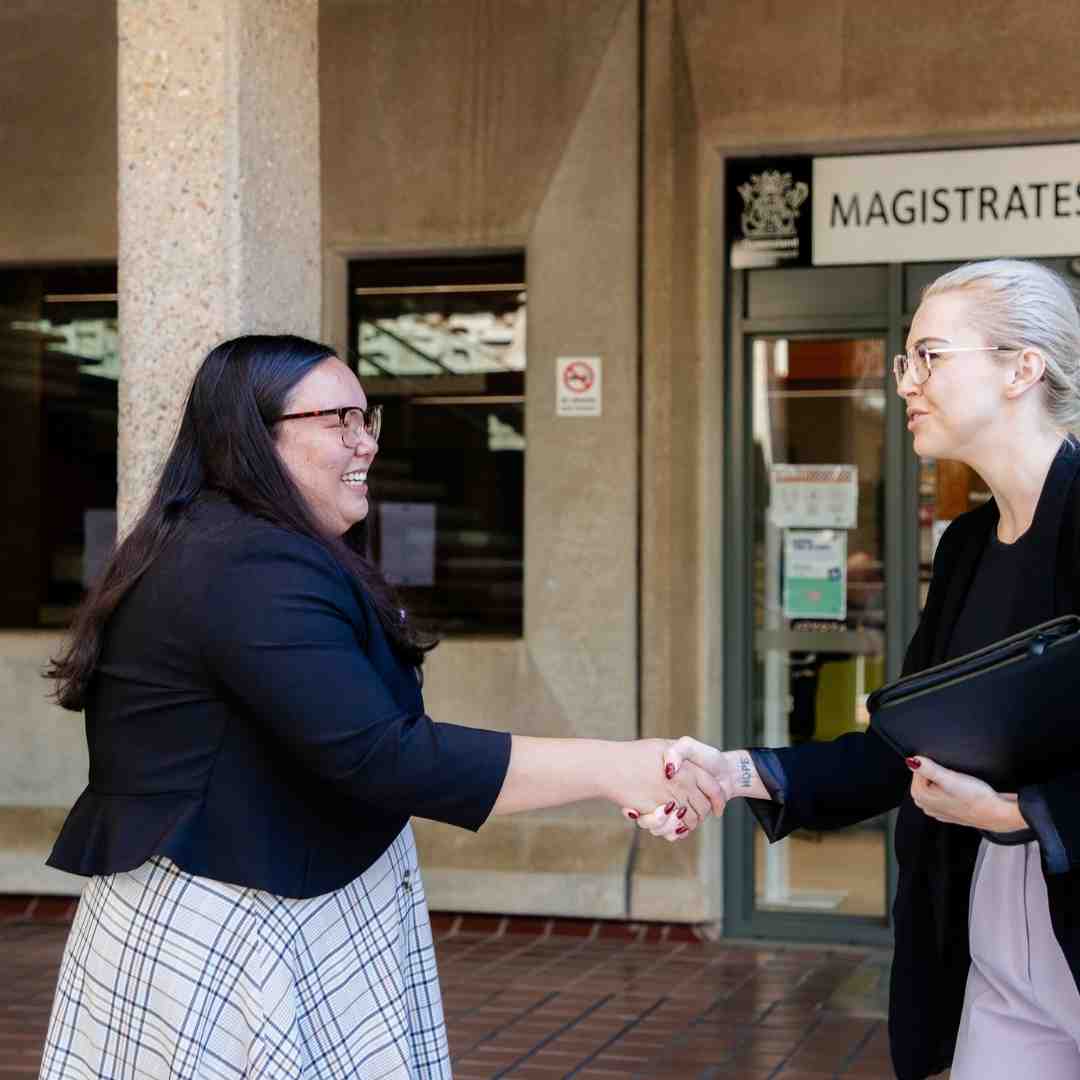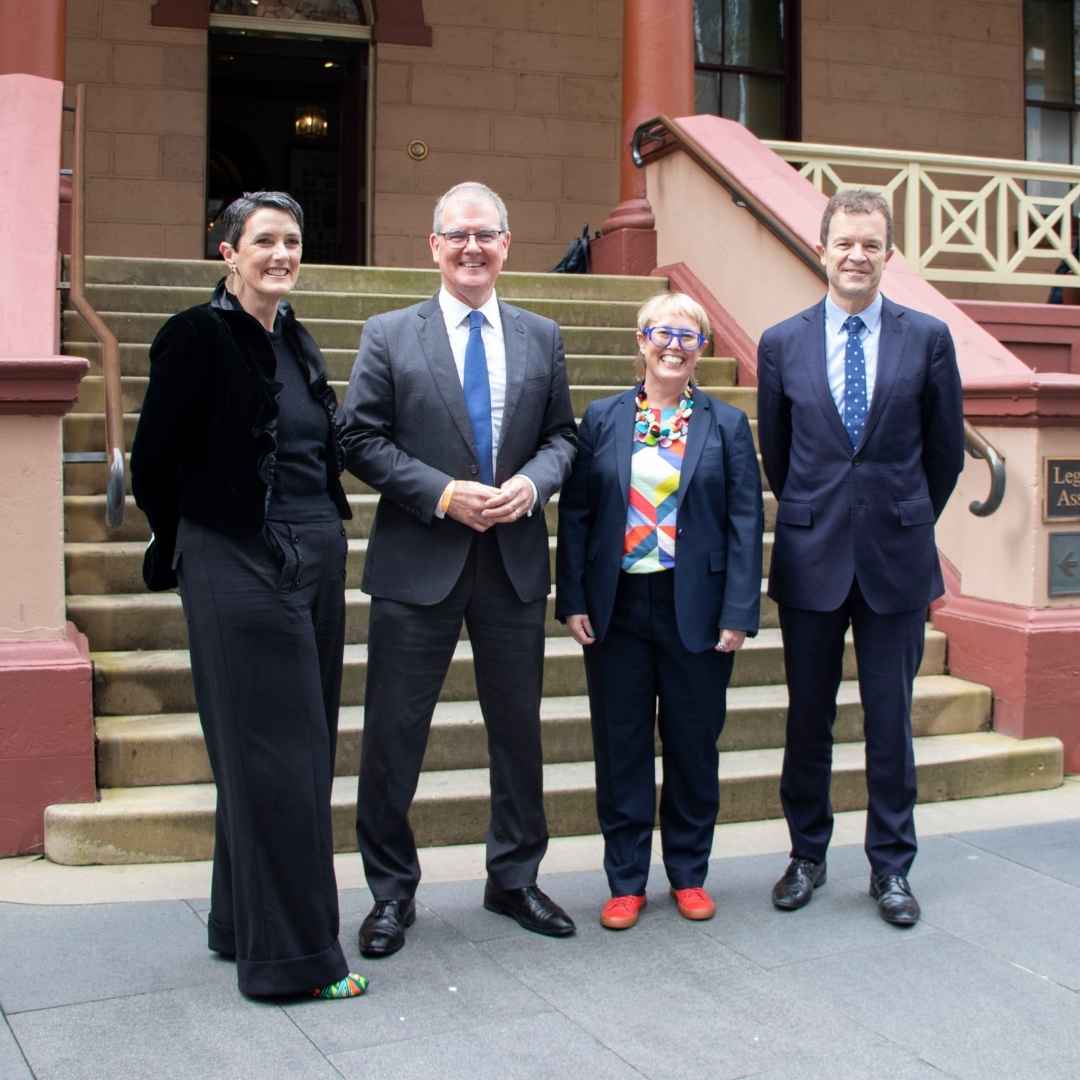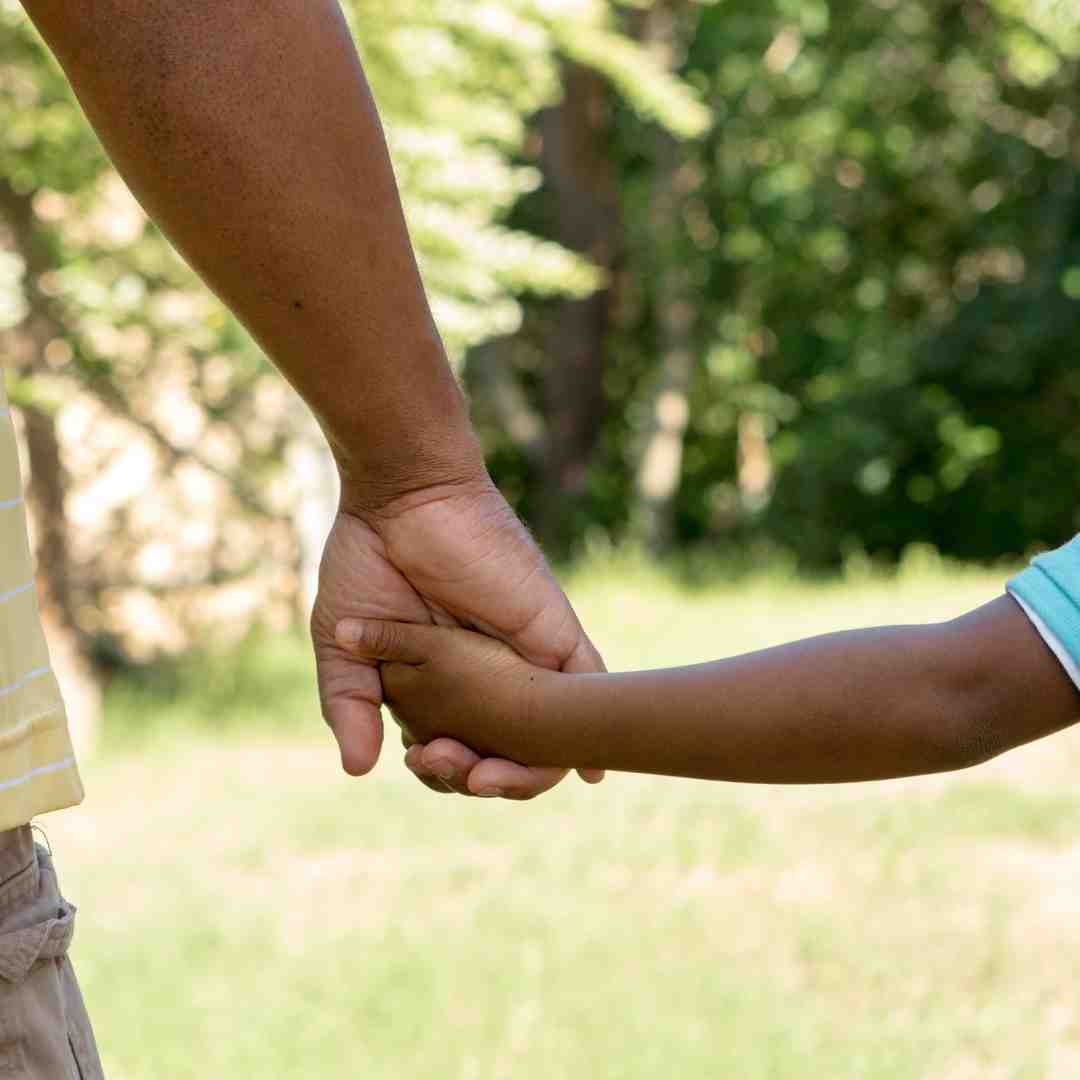
Our communities are healthier and stronger when we treat one another with dignity and respect. For this to be a reality, our laws and policies must be guided by the values of inclusion, freedom, equality, and dignity.
Australia has no national Human Rights Charter or Bill of Rights that comprehensively protects, respects and fulfils our human rights. Unlike other states in Australia, New South Wales has not enacted human rights protections in law.
Human rights are universal, so they apply to everyone. All human rights have equal status, so there is no hierarchy in their application. They are interrelated and interdependent and this is demonstrated by this report, because they all contribute to the realisation of a person’s dignity.
Human rights set international standards and the principles of equality, non-discrimination, participation and inclusion should frame all our policy and laws.
Australia has obligations under human rights treaties to uphold rights, ranging from the right to peaceful assembly, right to an adequate standard of living, specific rights relating to children, women, LGBTQI people and people with disability, rights to freedom from racial discrimination, and protections for people who are incarcerated.
Enacting stronger anti-discrimination laws and introducing human rights laws will mean our society will be fairer, more just, and equal.
Safeguard human rights and protect people from discrimination
- Enact a Human Rights Charter for NSW.
- Review and update the NSW Anti-Discrimination Act 1977, to ensure it effectively protects all people against discrimination and promotes equality of opportunity, participation and substantive equality.
- Insert a clear articulation of principle into the Act to the effect that everyone in NSW has an equal right to live free from discrimination, to access opportunities, and to participate in the community.
- Amend and expand the list of protected attributes to include religious belief, lawful sexual activity, disability, sexual orientation (rather than homosexuality), gender identity (rather than transgender), sex characteristics, victim-survivors of domestic violence, political beliefs, sex work and sex workers, and social origin.
- Introduce religious belief as a protected attribute, ensuring that it is protected on an equivalent basis to existing attributes and without undermining the rights of other communities to live free from discrimination.
- Bring protections for people with disability into line with the Disability Discrimination Act 1992 (Cth) and the United Nations Convention on the Rights of People with Disability, for example, by addressing the lack of protections regarding assistance animals.
- Introduce a specific requirement for employers, service providers, and others to make reasonable adjustments for people with disability in response to the Federal Court decision in Sklavos v Australian College of Dermatologists (2017).
- Remove unacceptable exemptions from the Act’s operation. For example, narrow exceptions that allow religious schools to discriminate against LGBTIQ+ students and teachers (s56).
- End criminal record discrimination, particularly against young people entering the workforce and sex workers (for example, by extinguishing historical sex work offences for acts that are no longer illegal).
- Reform the Births, Deaths & Marriages Registration Act 1995:
- Remove barriers for people to amend their birth certificate, including their sex or gender identity.
- Allow trans and gender diverse people to exercise self-determination when reflecting their identity on birth certificates. Remove the requirement for people to have gender affirming surgery – or any form of medical intervention – to change their gender on their birth certificate.
- Repeal all 'prostitution' offences within the Summary Offences Act 1988 (NSW).
- Prevent discrimination against sex work business by reforming local environmental planning laws.
Support people with disability’s safety, wellbeing, and capacity to make decisions affecting their lives
- Implement the recommendations from the NSW Law Reform Commission’s review of the Guardianship Act 1987, including:
- Enacting an Assisted Decision-Making Act to better recognise and allow for supported decision-making and regulate determinations to place a person under the powers of the NSW Trustee & Guardian.
- Define decision-making ability (the recommended new language for mental capacity.
- Insert a rebuttable presumption that a person has decision-making ability.
Latest news
People with disability are not only our clients; they are us! The community legal sector must take action to recruit, employ, and create accessible work environments for everyone.
A new free legal resources hub, developed by Community Legal Centres NSW, empowers people with legal knowledge and tools
We all deserve to be safe at work and free from discrimination and sexual harassment. While sexual harassment is pervasive across all industries and all employment levels in Australia, it is not inevitable.
Community Legal Centres NSW is proud to announce the launch of Talking justice, a values-based communications guide for community legal centres that provides guidance on.

